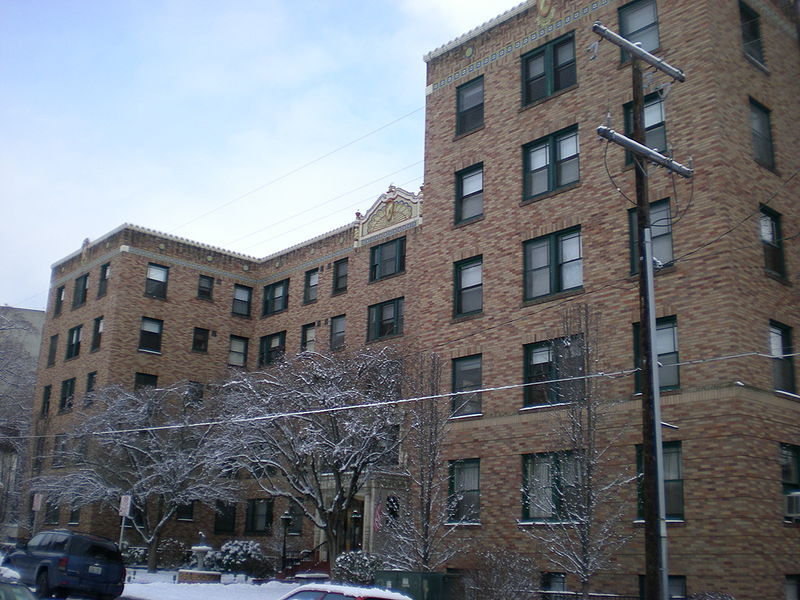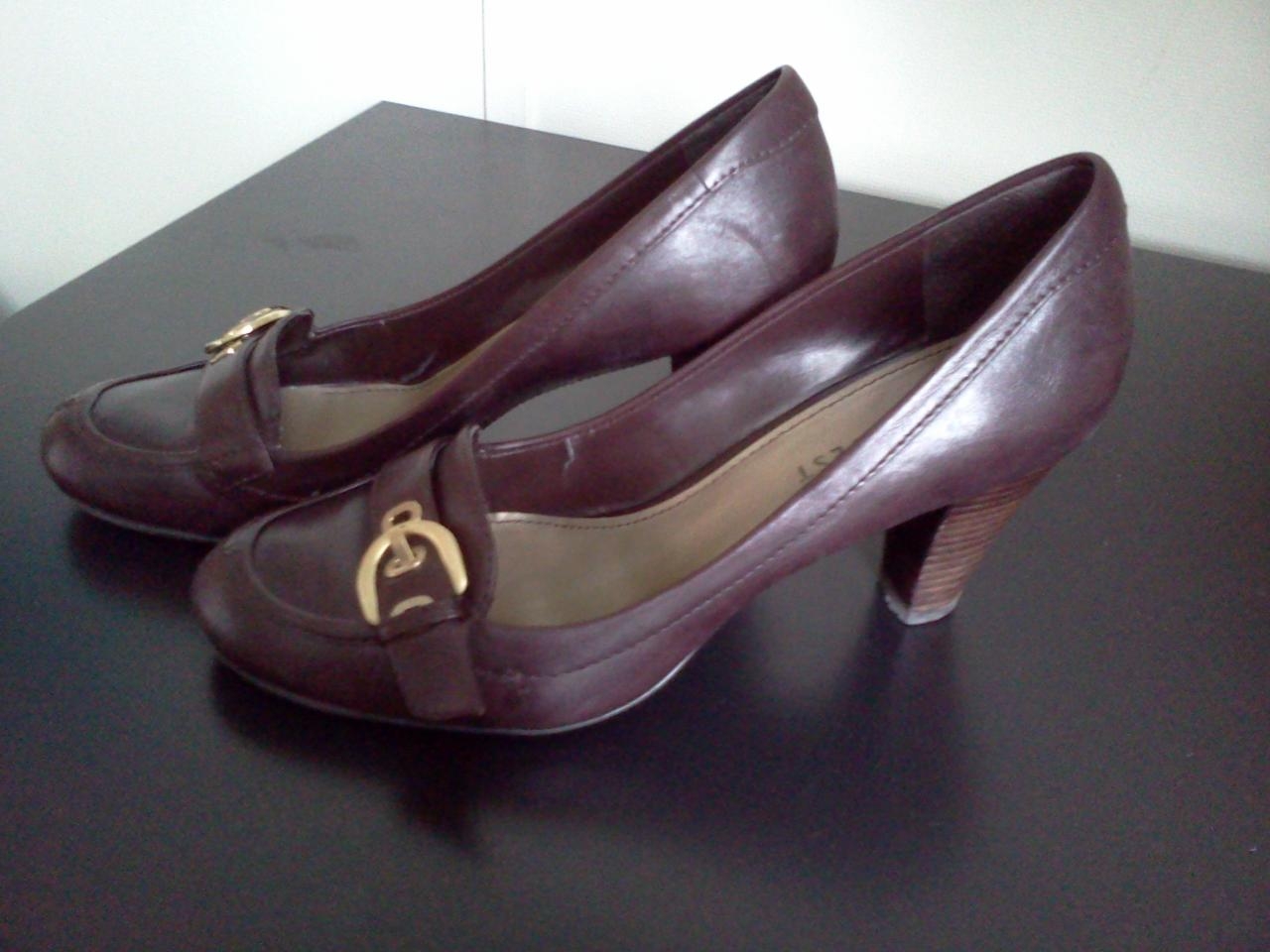Cities, Chambers Join Forces to Address Financial Woes
A new group is calling on state lawmakers to provide mandate relief for Pennsylvania’s cities and towns. It’s called the Coalition for Sustainable Communities, and it’s comprised of a variety of business and municipal groups from across the state.
Chambers of commerce and local government groups had been working independently to strengthen Pennsylvania’s communities, but Greater Reading Chamber of Commerce President Ellen Horan says they realized they had some common goals. “The areas where we saw our agendas conform were in seeking relief from state mandates on local governments, specifically on the areas of binding arbitration and pension.”
Pennsylvania League of Cities & Municipalities Executive Director Jack Garner believes the new partnership speaks volumes to the General Assembly and public. “Over 2,500 municipalities are continuing to function in an outdated, inflexible and uncompetitive set of local laws, which haven’t been changed since – in some cases – 1930,” Garner explains.
The group’s third priority is reforming Pennsylvania’s Act 47 program for distressed cities, an issue that’s already been the subject of great debate under the capitol dome.
Garner hopes to see three or four bills materialize from the coalition’s efforts. Horan tells us vibrant communities are key to Pennsylvanians’ quality of life. “It directly has an impact on businesses ability to attract and retain talent,” she says.







